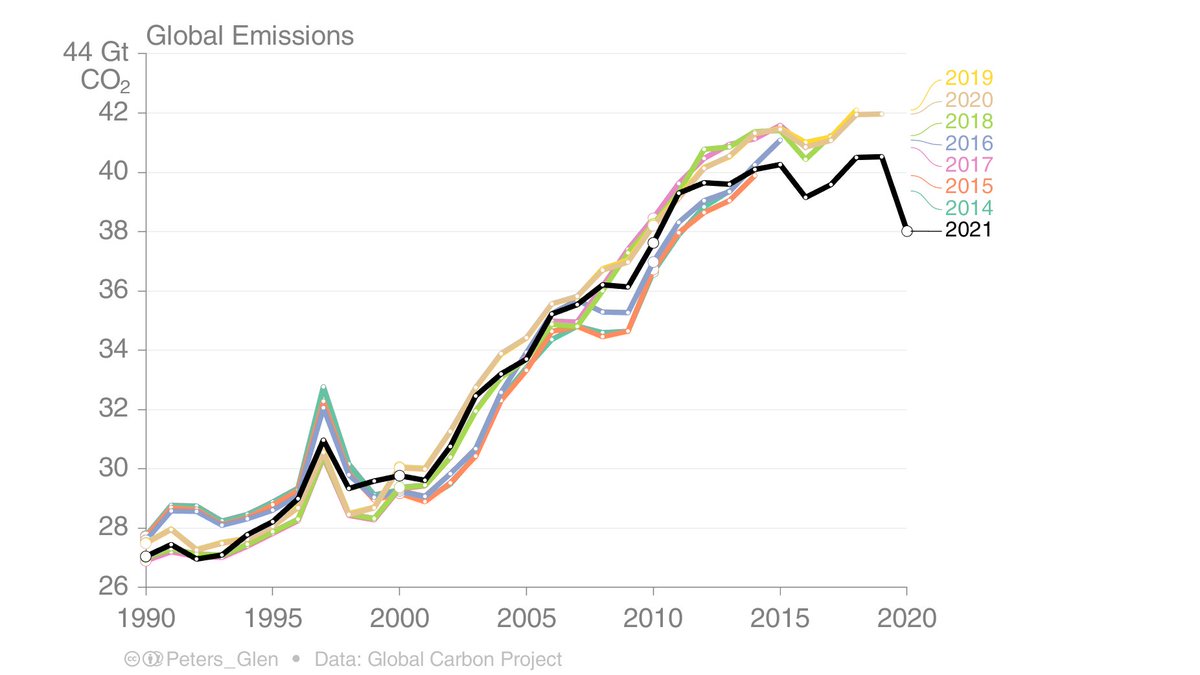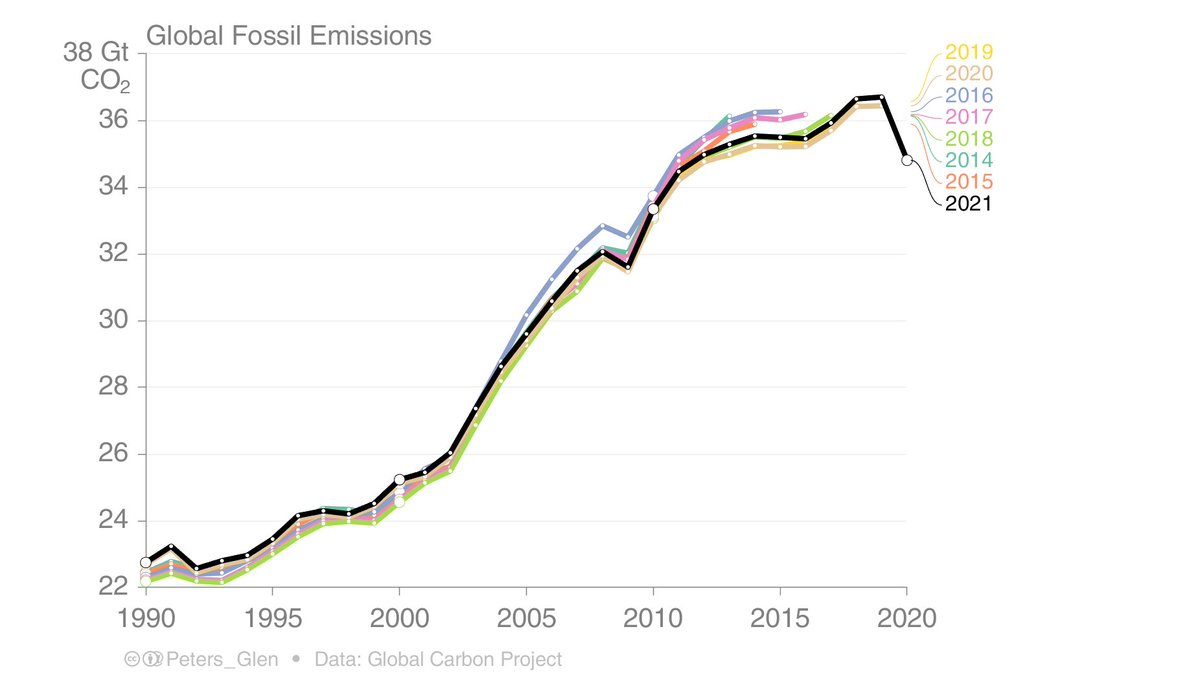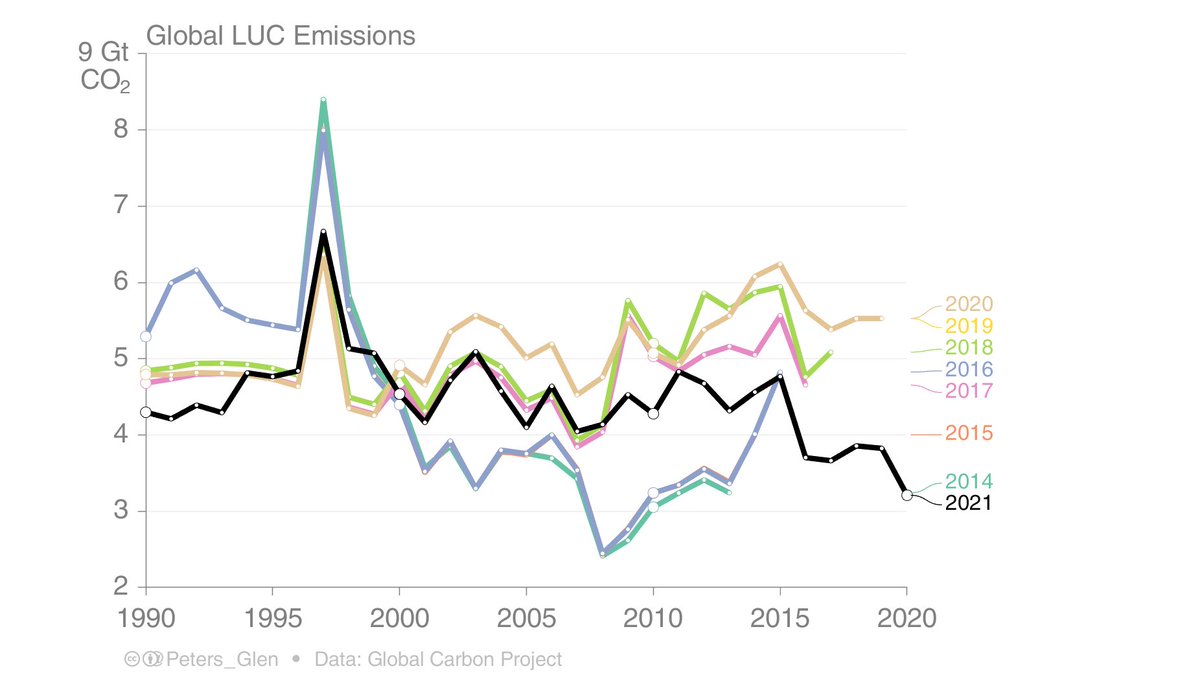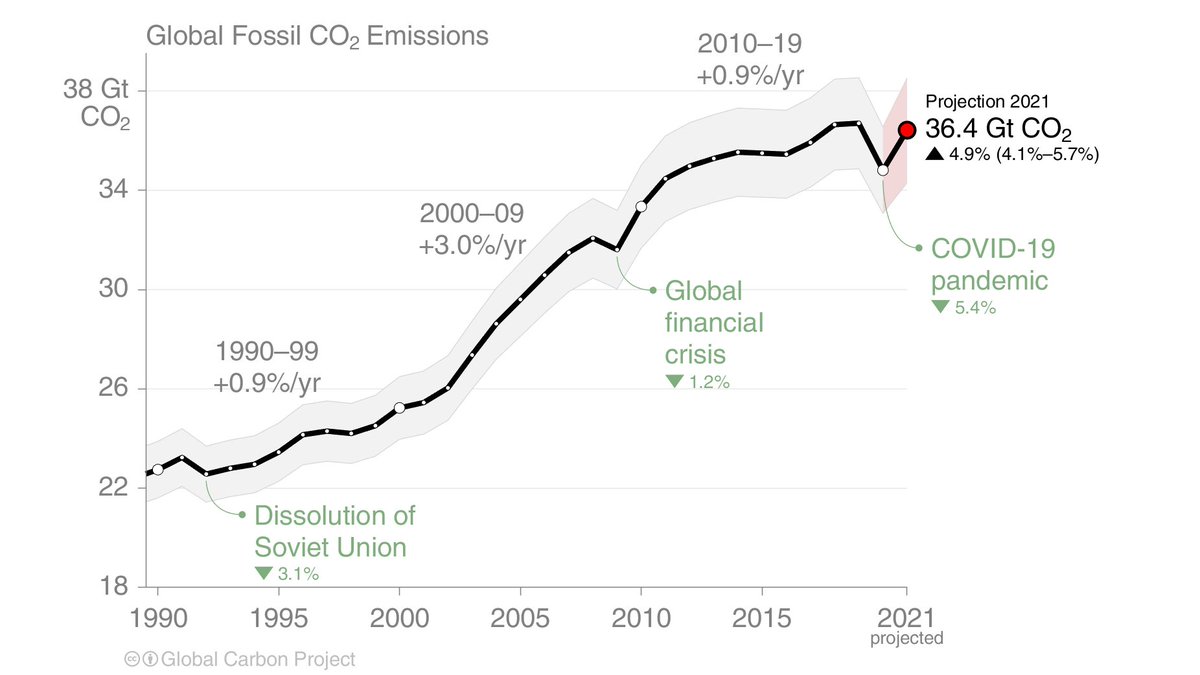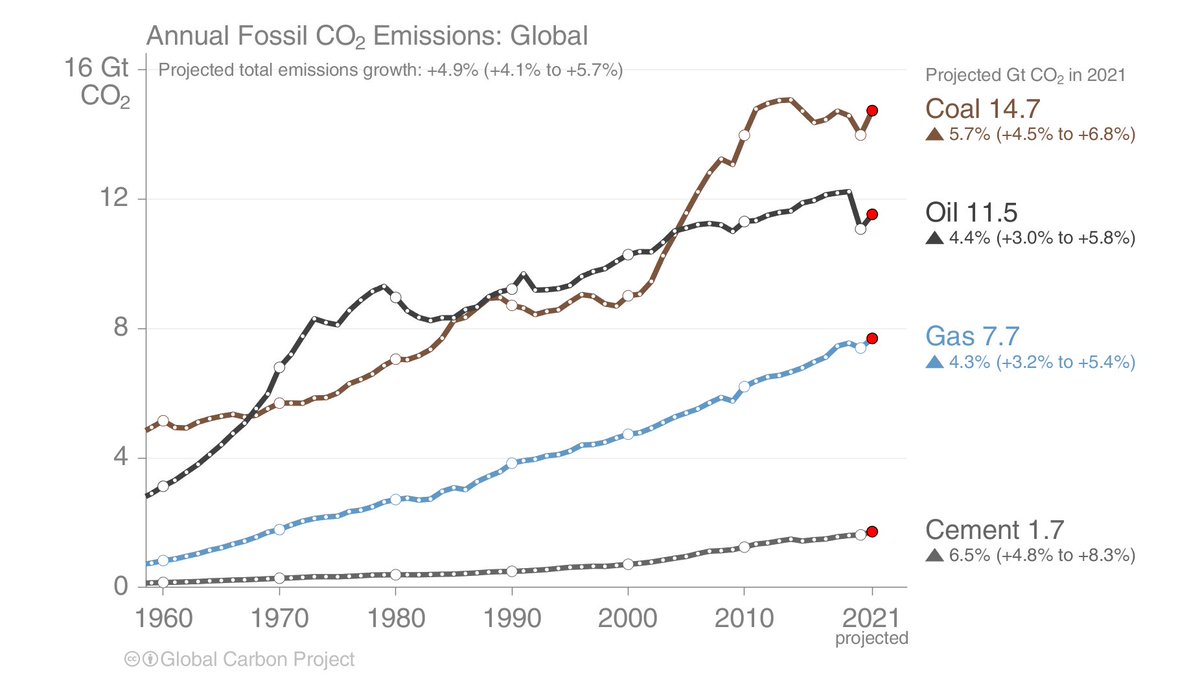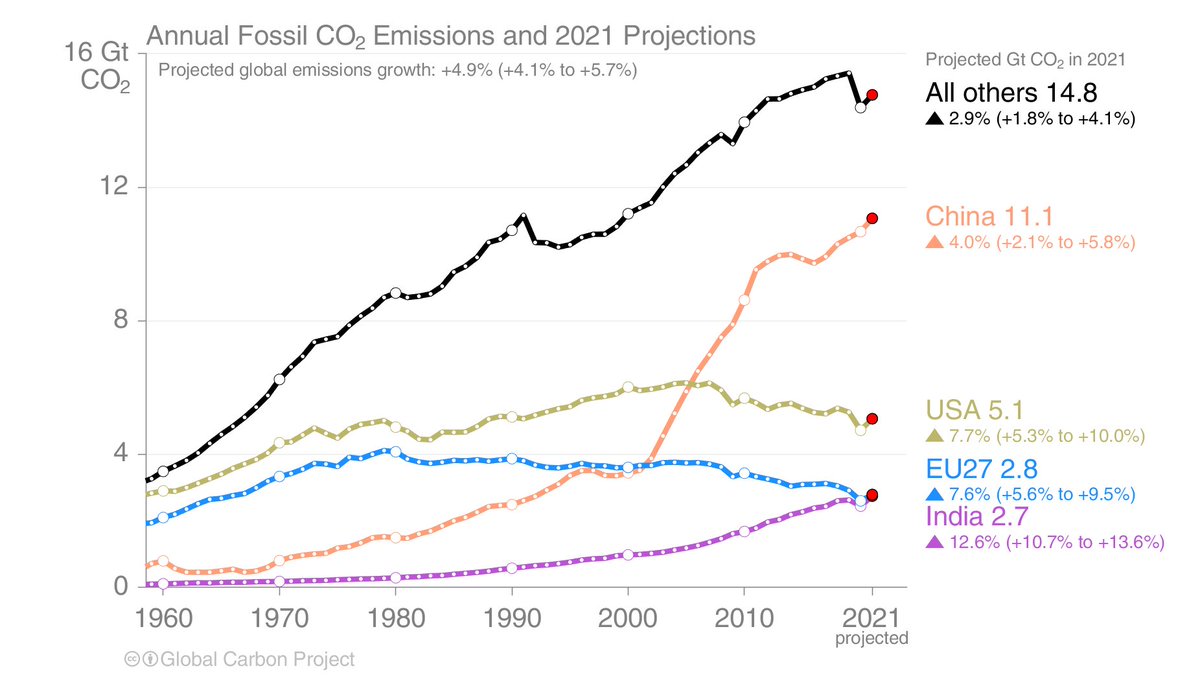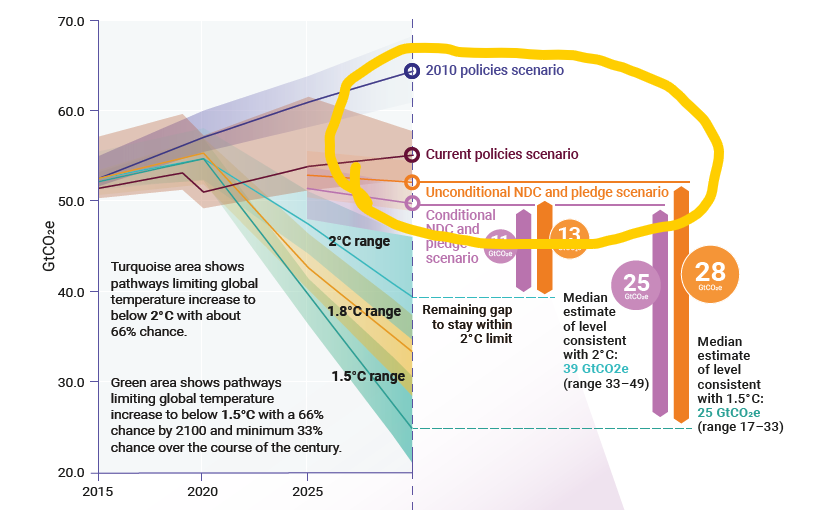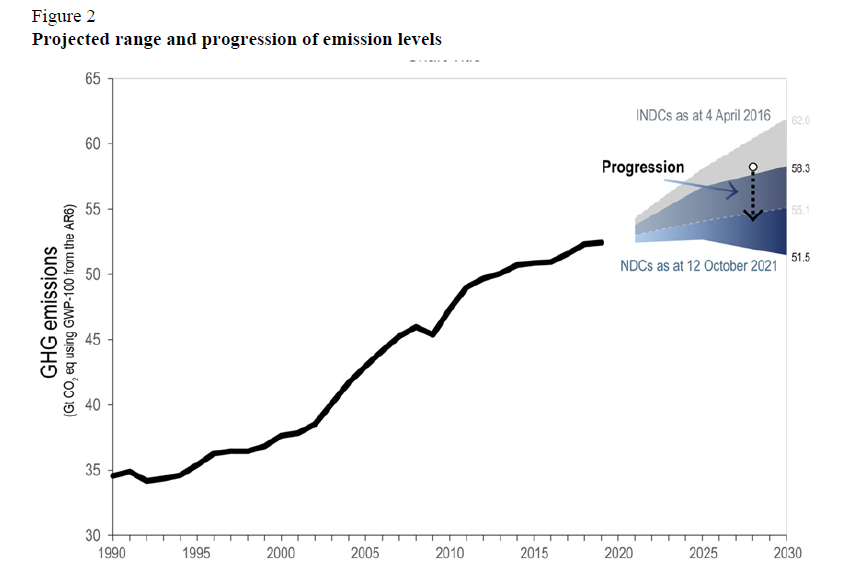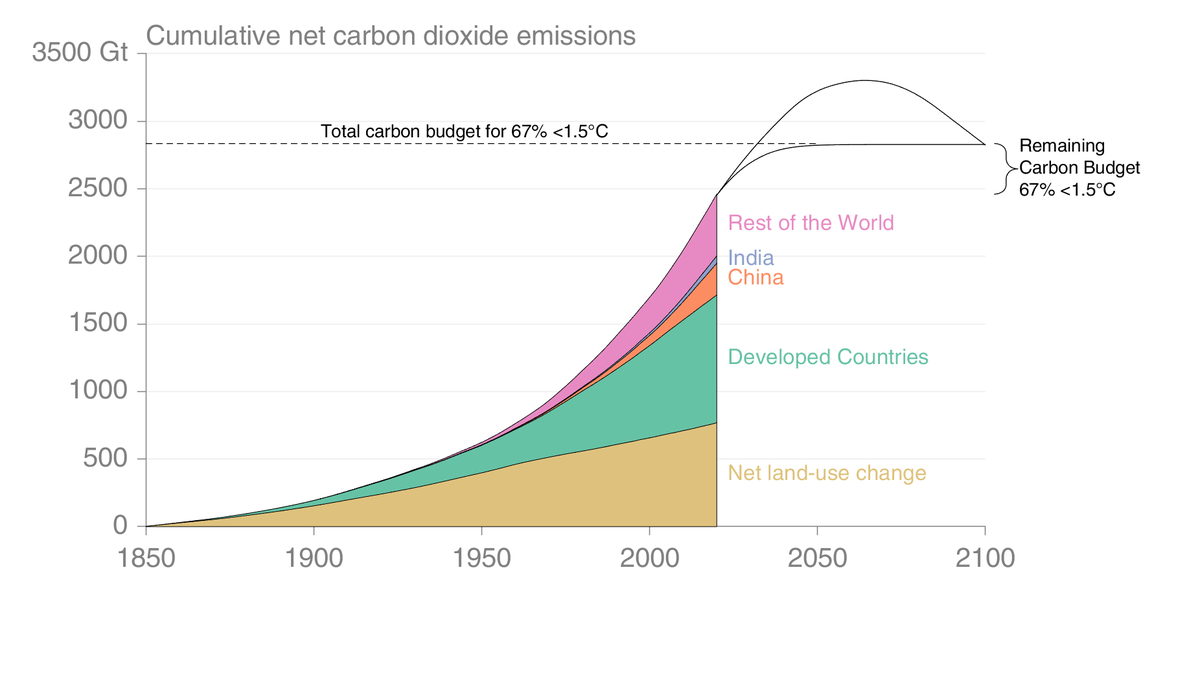
We have a crisis in 𝗼𝗳𝗳𝗶𝗰𝗶𝗮𝗹𝗹𝘆 𝗿𝗲𝗽𝗼𝗿𝘁𝗲𝗱 emissions data...
The core problem is that many developing countries do not have the capacity or incentive to report regular & accurate data.
washingtonpost.com/climate-enviro…
1/
The core problem is that many developing countries do not have the capacity or incentive to report regular & accurate data.
washingtonpost.com/climate-enviro…
1/
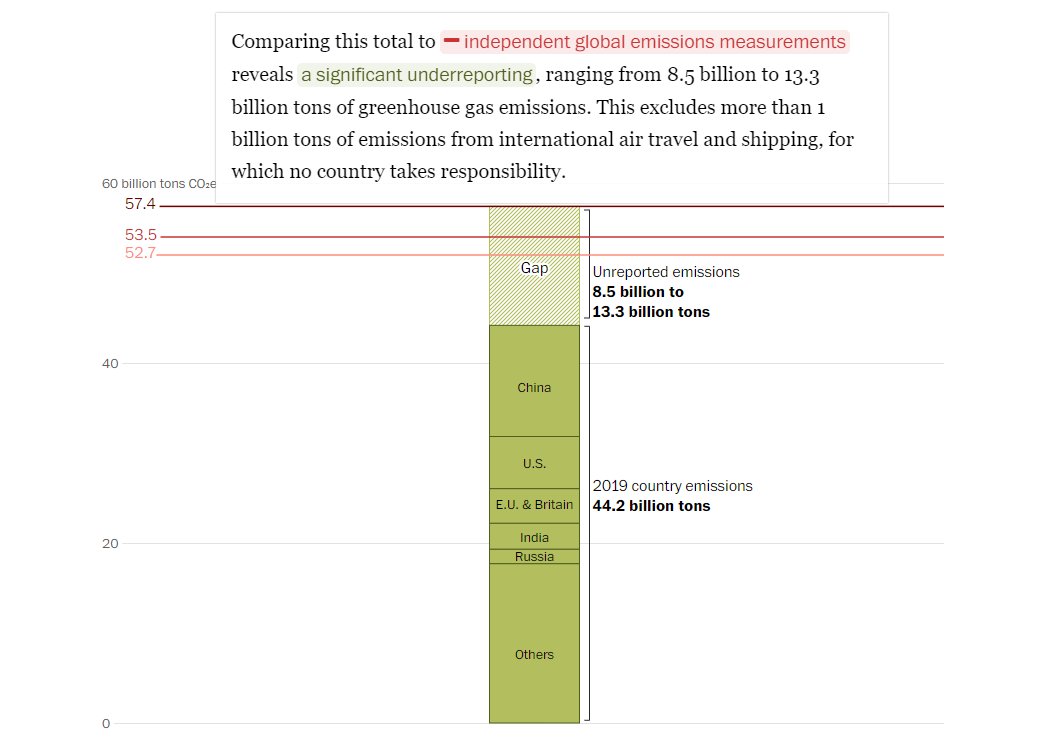
This is an impressive job done by the Washington post. I would not have thought of using the UNFCCC data, but it was a great idea...
@chriscmooney, @eilperin, @desmondbutler, @JohnMuyskens, @anu_narayan, @NaemaAhmed
Method here:
washingtonpost.com/climate-enviro…
2/
@chriscmooney, @eilperin, @desmondbutler, @JohnMuyskens, @anu_narayan, @NaemaAhmed
Method here:
washingtonpost.com/climate-enviro…
2/
The UNFCCC data in developed countries is pretty good, & perhaps even the gold standard. But we still need independent checks.
I would not even think of using UNFCCC data for developing countries, as it is incomplete, & buried deep within pdfs. Manual data entry required.
3/
I would not even think of using UNFCCC data for developing countries, as it is incomplete, & buried deep within pdfs. Manual data entry required.
3/
The distinction between Annex I & non-Annex I for reporting was largely political, & may be a reason that non-Annex I reports so poorly (justify politics).
This is meant to change after the Paris Agreement, with all countries reporting (from 2024).
sciencedirect.com/science/articl…
4/
This is meant to change after the Paris Agreement, with all countries reporting (from 2024).
sciencedirect.com/science/articl…
4/
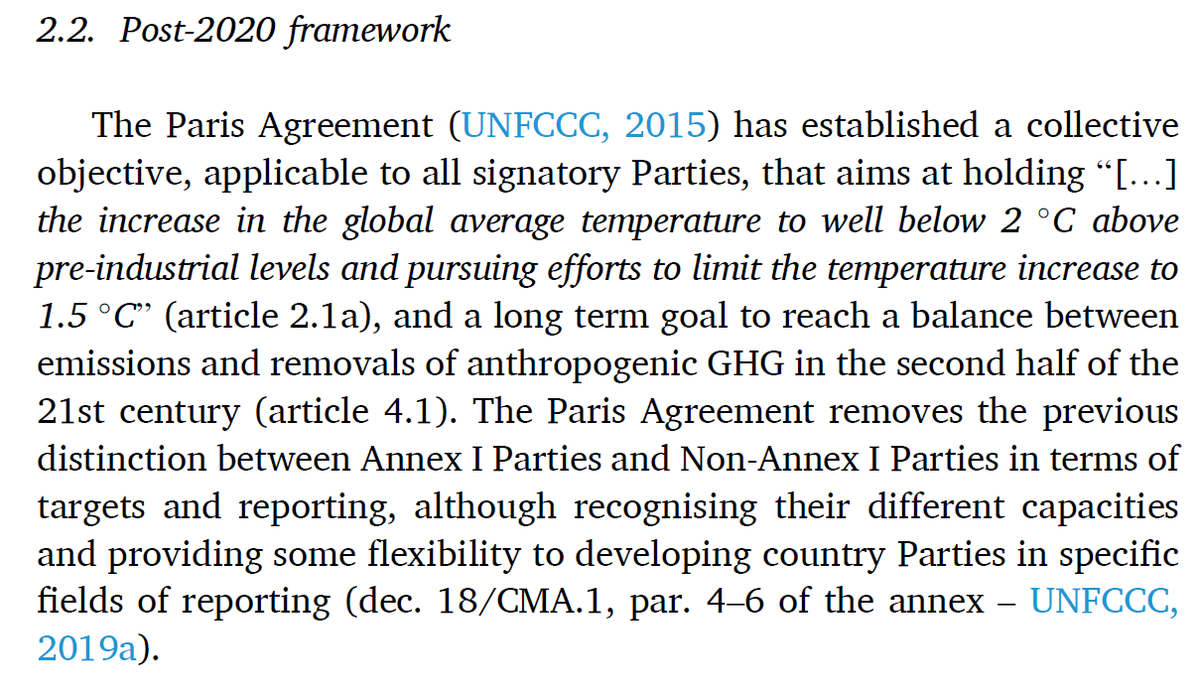
For Iraq, a war-torn country, there is one official estimate. Other datasets estimate annual emissions (using IEA, FAO, etc).
The Washington Post developed a method to match reported emissions (green dots) with independent inventories (black) to get a new estimates (green).
5/
The Washington Post developed a method to match reported emissions (green dots) with independent inventories (black) to get a new estimates (green).
5/
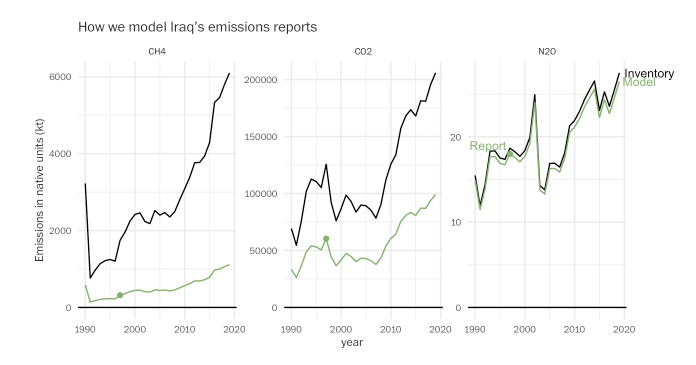
The fact that Iraq has a very low official estimate that is very early in time means that when combined with official estimates, the gap is rather large by 2019.
Without more data it is very hard to verify the gap in 2019. What would an official estimate look like in 2019?
6/
Without more data it is very hard to verify the gap in 2019. What would an official estimate look like in 2019?
6/
China is not as bad, but we don't have sufficiently detailed emission inventories from China to understand what causes the differences. But, since China is 30% of global emissions, a small difference in China is a big difference at aggregate.
7/
7/
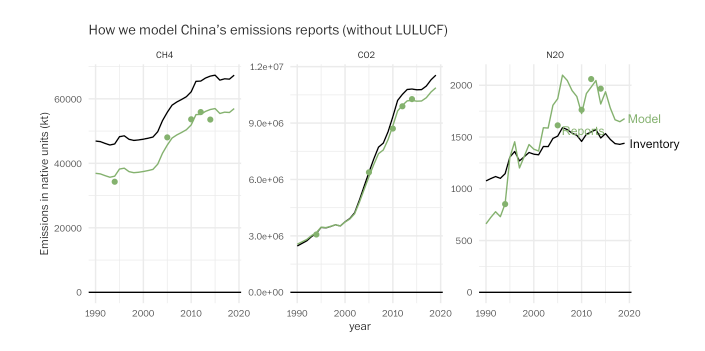
We have done lots of work on fossil CO₂ emissions.
Here @robbie_andrew compared datasets, though not the non-Annex I data (though, he uses elements for cement). essd.copernicus.org/articles/12/14…
8/
Here @robbie_andrew compared datasets, though not the non-Annex I data (though, he uses elements for cement). essd.copernicus.org/articles/12/14…
8/
There is lots more work to do on LUC and non-CO₂ greenhouse gases.
We have done quite some work in the EU via @V_ERIFY_H2020:
essd.copernicus.org/articles/13/23…
essd.copernicus.org/articles/13/23…
essd.copernicus.org/articles/13/23…
9/
We have done quite some work in the EU via @V_ERIFY_H2020:
essd.copernicus.org/articles/13/23…
essd.copernicus.org/articles/13/23…
essd.copernicus.org/articles/13/23…
9/
We are starting to do work on GHG emissions, but we have a long way to go. We have very little capacity & basically no funding for this work. This work should be updated annually, improved yearly, like we do in @gcarbonproject for CO₂ emissions.
essd.copernicus.org/preprints/essd…
10/
essd.copernicus.org/preprints/essd…
10/
There are projects working on this like @V_ERIFY_H2020, @che_project, @CoCO2_project, but for many of these the goal is to use observational data products (important).
But, there is so much to do just working with energy, land, & emissions data. Boring & tedious desk work!
/11
But, there is so much to do just working with energy, land, & emissions data. Boring & tedious desk work!
/11
• • •
Missing some Tweet in this thread? You can try to
force a refresh


